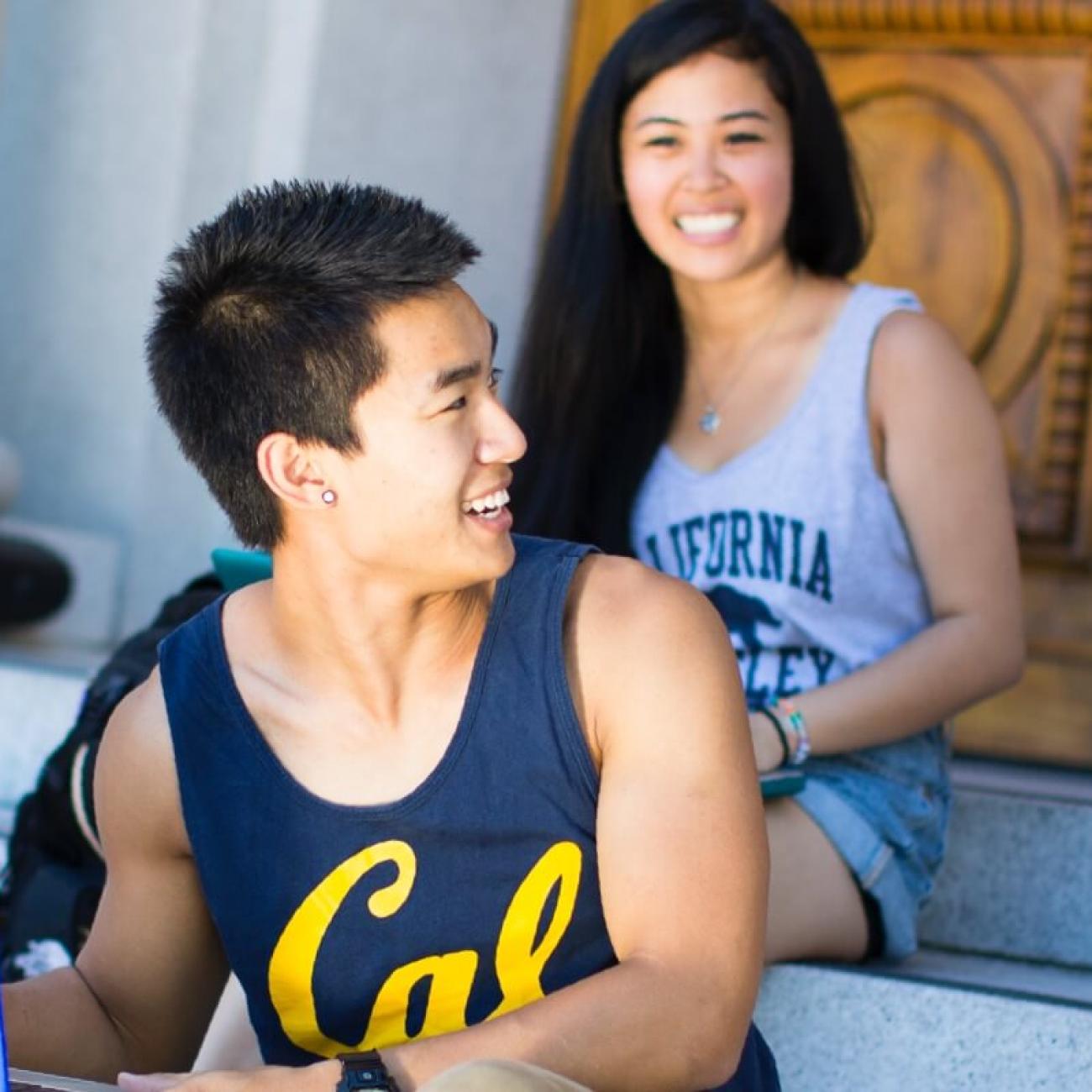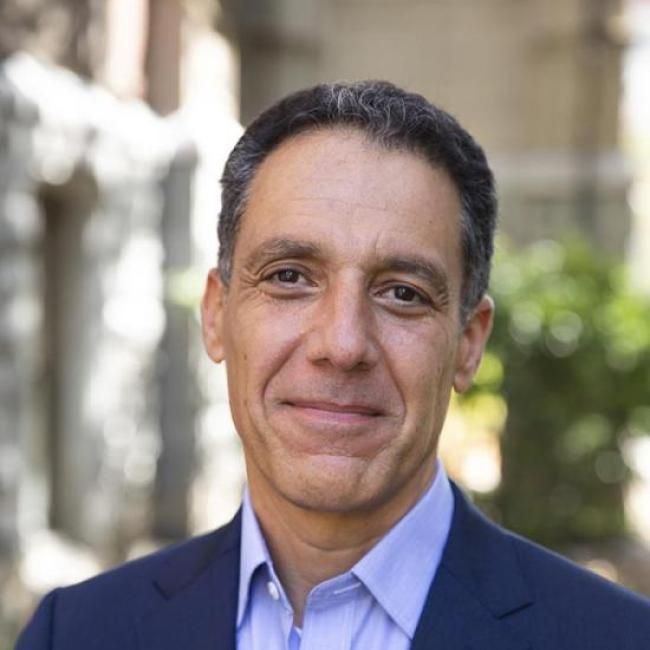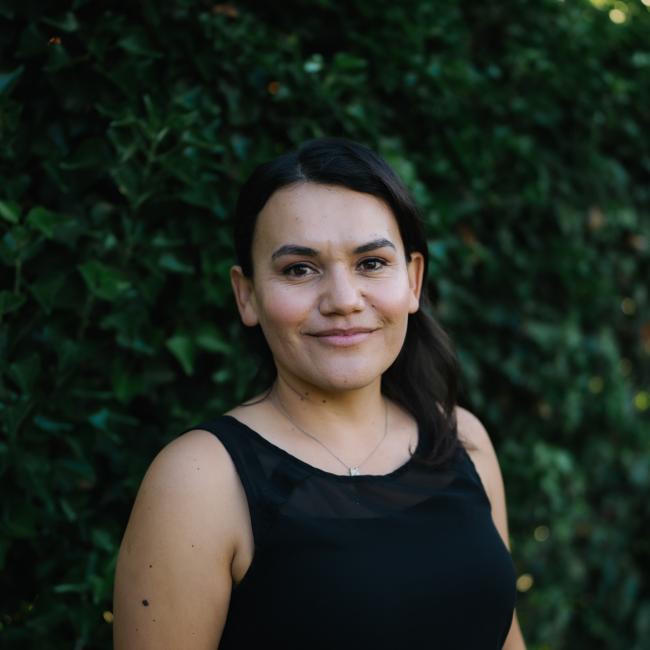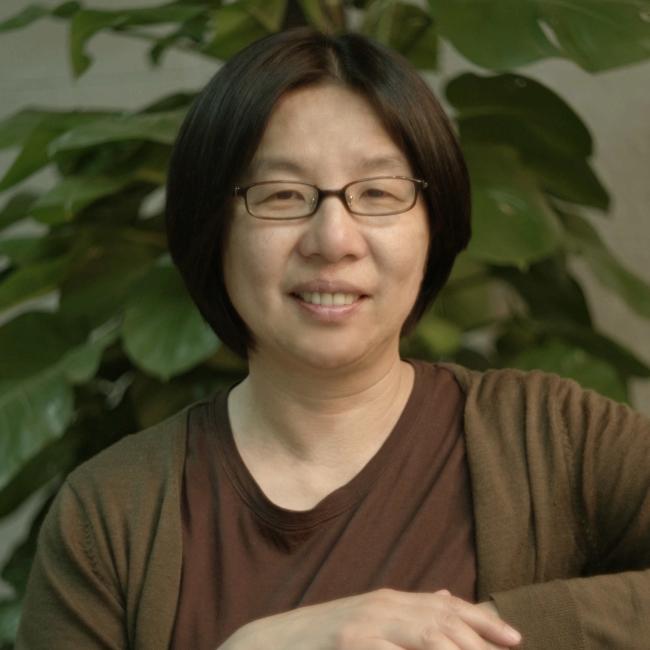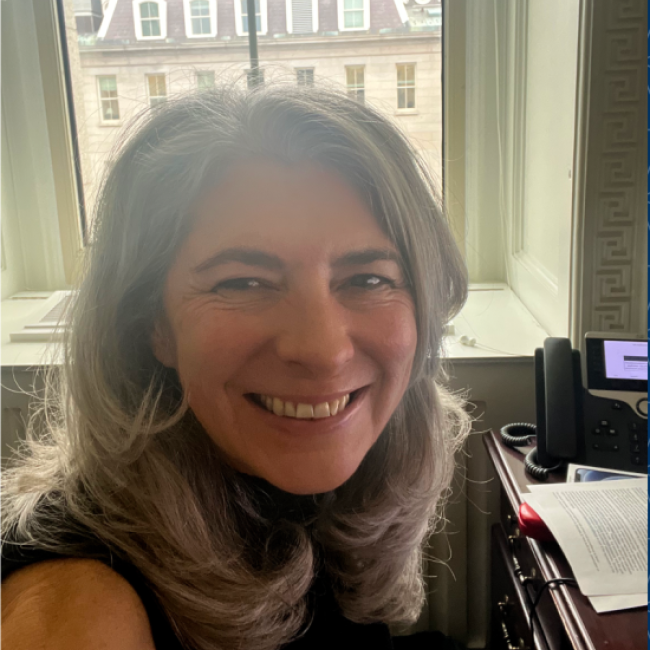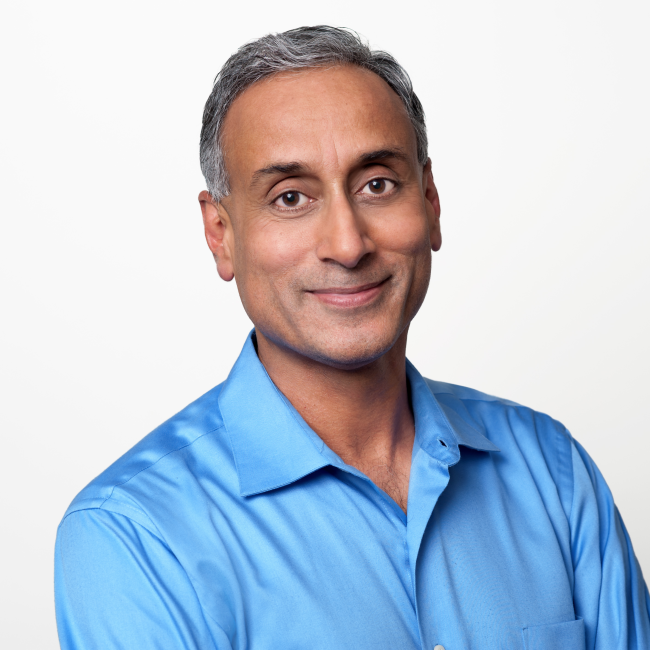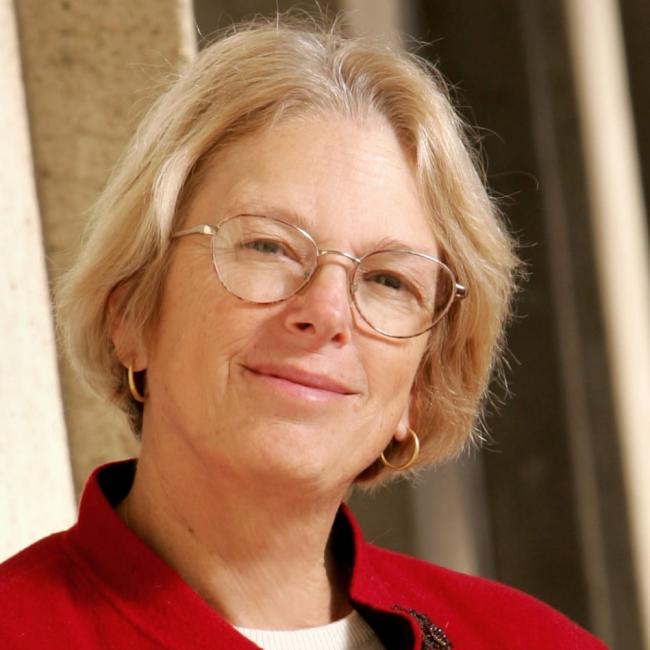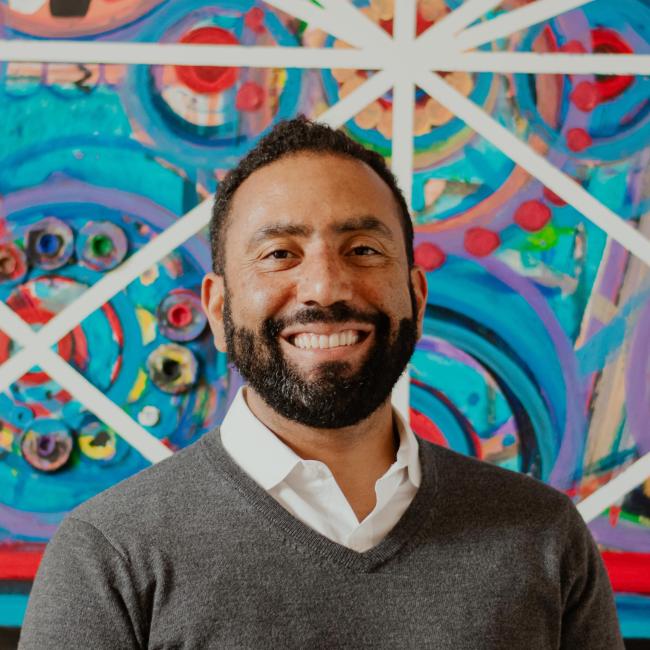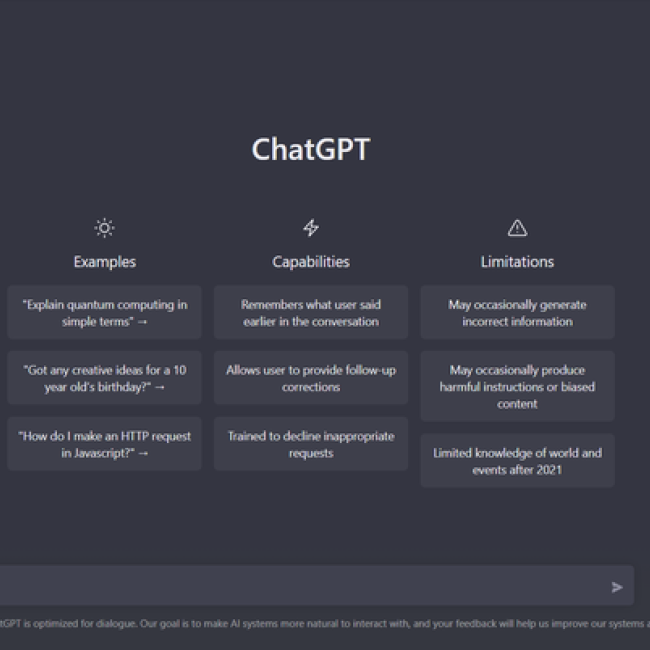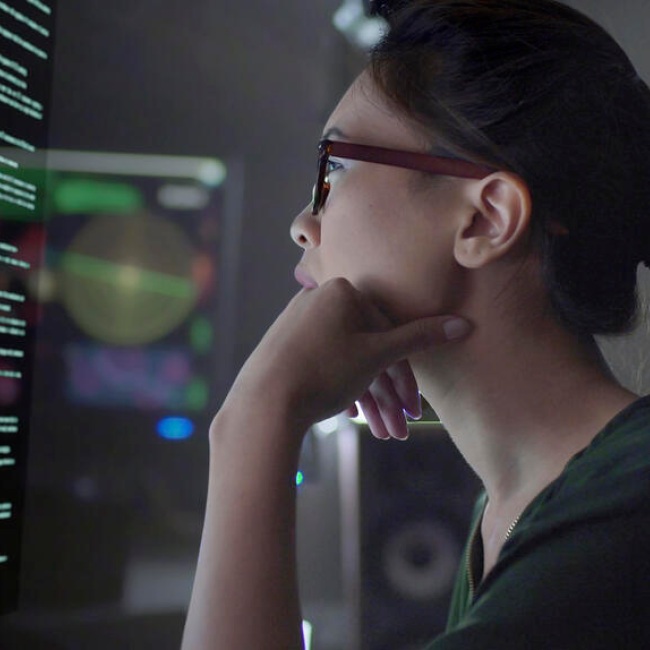Hany Farid testifies on Section 230 for ‘Platform Accountability: Gonzalez and Reform’
On Wednesday, March 8, 2023, Hany Farid, professor in the UC Berkeley School of Information and Department of EECS testified at a hearing with the House Committee on the Judiciary and the Subcommittee on Privacy, Technology, and the Law entitled: “Platform Accountability: Gonzalez and Reform.” In his testimony, Farid points out how a platform such as YouTube’s recommendation system can lead to misinformation, extremism, and various other negative impacts. To fix this issue, he recommends clarifying Section 230’s role and protections to exclude such design flaws: “This can be accomplished,” he said, “by clarifying that Section 230 is intended to protect platforms from liability based exclusively on their hosting of user-generated content, and not – as it has been expanded to include – a platform’s design features that we now know is leading to significant harms to individuals, societies, and our very democracy.”
‘Eye-opening’: Education student sees the possibilities of data science
Arlyn Moreno Luna and her family immigrated from Mexico to Oregon when she was 13 years old. Learning a new educational system and English with little support from her high school, she relied on her sister and friends to find her own way to college and beyond. Her experience fueled her to study access to higher education and equity issues related to first-generation, historically underrepresented and Latinx students. Today, as a fourth-year doctoral candidate at UC Berkeley’s School of Education, she examines topics like how a community college’s location impacts the attainment of associate degrees. Moreno Luna participated in the Data Science + Social Justice Workshop, a summer introductory data science program run by Berkeley’s D-Lab and Graduate Division. In this Q+A, she discusses her journey, why she’s interested in data science and how this field has expanded the possibilities of her higher education research.
Yu wins 2023 COPSS Distinguished Achievement Award and Lectureship
The Committee of Presidents of Statistical Societies (COPSS) has selected Bin Yu for the 2023 Distinguished Achievement Award and Lectureship (DAAL). Formerly known as the R. A. Fisher Award and Lectureship, the DAAL recognizes meritorious achievement and scholarship in statistical science and recognizes the highly significant impact of statistical methods on scientific investigations. She will deliver the DAAL Lecture at JSM in 2023 on veridical data science. Yu’s current research focuses on practice, algorithm, and theory of statistical machine learning, interpretable machine learning, and causal inference.
UC Berkeley I School professor joins White House as Deputy Chief Technology Officer for Policy
Professor Deirdre K. Mulligan has been tapped to join the White House’s Office of Science and Technology Policy (OSTP) as Deputy U.S. Chief Technology Officer for Policy. Mulligan, who is on leave from UC Berkeley, will help the Office of the U.S. Chief Technology Officer (CTO) in its efforts to ensure that U.S. policy is informed by tech and data expertise, and will also act as a principal advisor to the National AI Initiative Office, which coordinates key activities and strategic planning on AI across the U.S. government. “I’m excited to bring the insights I’ve garnered through my interdisciplinary research and my decades of experience working on internet policy issues to assist the Biden Administration in advancing the privacy and equity priorities set out in the Blueprint for an AI Bill of Rights,” Mulligan stated.
Google senior vice president to address Data Science commencement in May
Prabhakar Raghavan, a senior vice president at Google, will be the keynote speaker at the spring 2023 UC Berkeley commencement ceremony for Data Science undergraduate majors, the Division of Computing, Data Science, and Society (CDSS) announced today. Raghavan leads Google’s Knowledge & Information products, including Google Search, News, Assistant, Geo, Ads, Commerce and Payments. He is a member of the CDSS advisory board, providing guidance on promising areas of research, the education of data-driven leaders and opportunities for computing and data science in technology and society. He is an expert on search with more than 20 years of research, 100 papers and 20 issued patents on algorithms, web search and databases. Raghavan, who joined Google in 2012, previously served as vice president of Google Apps in Google Cloud. Before Google, he founded and led Yahoo! Labs, served as chief technology officer at Verity, Inc. and worked for 14 years at IBM Research.
What to watch in a U.S. Supreme Court hearing on Section 230
The U.S. Supreme Court will consider this week whether social media companies are shielded from liability when they use algorithmic systems to recommend relevant content to users. UC Berkeley experts say this case could be a defining moment for Section 230 of the Communications Decency Act, which generally states technology companies like Google aren’t responsible for content others post on their platforms. The oral arguments will preview how large an impact the court’s rulings could have.
Maura McGinnity joins UC Berkeley as Senior Assistant Dean for Development at CDSS
Maura McGinnity has recently been appointed senior assistant dean for development at UC Berkeley’s Division of Computing, Data Science, and Society (CDSS). Her first day at Berkeley will be Feb. 21. McGinnity will lead CDSS development and external relations as the senior staff member responsible for engaging donors with outreach and relationship strategies in support of an innovative vision. Launched in 2018, CDSS at Berkeley provides accessible and equitable educational opportunities in computing and data science and catalyzes groundbreaking research to meet society’s greatest challenges in health and biomedicine, climate and sustainability, and human welfare and social justice. The division is on a pathway to become the first new college at Berkeley in more than 50 years, with a decision from the UC Board of Regents expected this year.
No ‘shortcuts to inclusion’: Building a pipeline to diversify STEM faculty
Academia has a diversity problem, especially in STEM. There is a dearth of scientists who identify as Black, Hispanic or who are members of marginalized communities in STEM-related faculty roles at colleges and universities, studies show. These inequities can hurt students and result in harmful biases in tools and teachings of fields that affect the public. We spoke with Aaron Streets, associate professor of bioengineering, computational biology and biophysics, Berkeley BioEngineering Scholars Program (BioESP) director, Division of Computing, Data Science, and Society (CDSS) faculty advisor for graduate diversity and co-founder of the Stanford.Berkeley.UCSF Next Generation Faculty Symposium, about his journey. Streets discussed why he started the symposium, which aims to increase the diversity and quality of applicant pools for quantitative biological and biomedical sciences faculty roles, and its impact in the San Francisco Bay Area.
ChatGPT raised awareness of AI’s abilities. Experts see an opportunity.
ChatGPT, an artificial intelligence-fueled chatbot released in November, is changing the ways teachers educate students, scientists trust research and journalists report the news. It passed the U.S. Medical Licensing Exam and an exam to receive a business master’s degree. UC Berkeley researchers say this isn’t a major turning point for AI technologically. Rather, they say, the release is a milestone for public awareness of current AI capabilities. It also presents an opportunity to engage the public in considering AI’s potential role in society moving forward. “We have to look ahead to better prepare for what are likely to be increasingly powerful, yet flawed, systems in the near future with even more profound implications for society,” said Jessica Newman, director of Berkeley’s Artificial Intelligence Security Initiative and a research fellow for the Center for Long-Term Cybersecurity (CLTC).
Groundbreaking computational precision health program appoints 13 new faculty
The UCSF-UC Berkeley Joint Program in Computational Precision Health (CPH) has appointed 13 new faculty to its augmented graduate group, which functions as a novel, bi-campus initiative and PhD program. These UC community members bring expertise in machine learning for biomedical applications, human-computer interaction, and technology-based interventions to address health disparities to this groundbreaking program. Dr. Ida Sim, CPH co-director and professor of medicine at UCSF, called the group “the heart of the CPH intellectual community.” CPH aims to transform personal and public health through computation by developing and deploying adaptive precision interventions for real-world impact.

